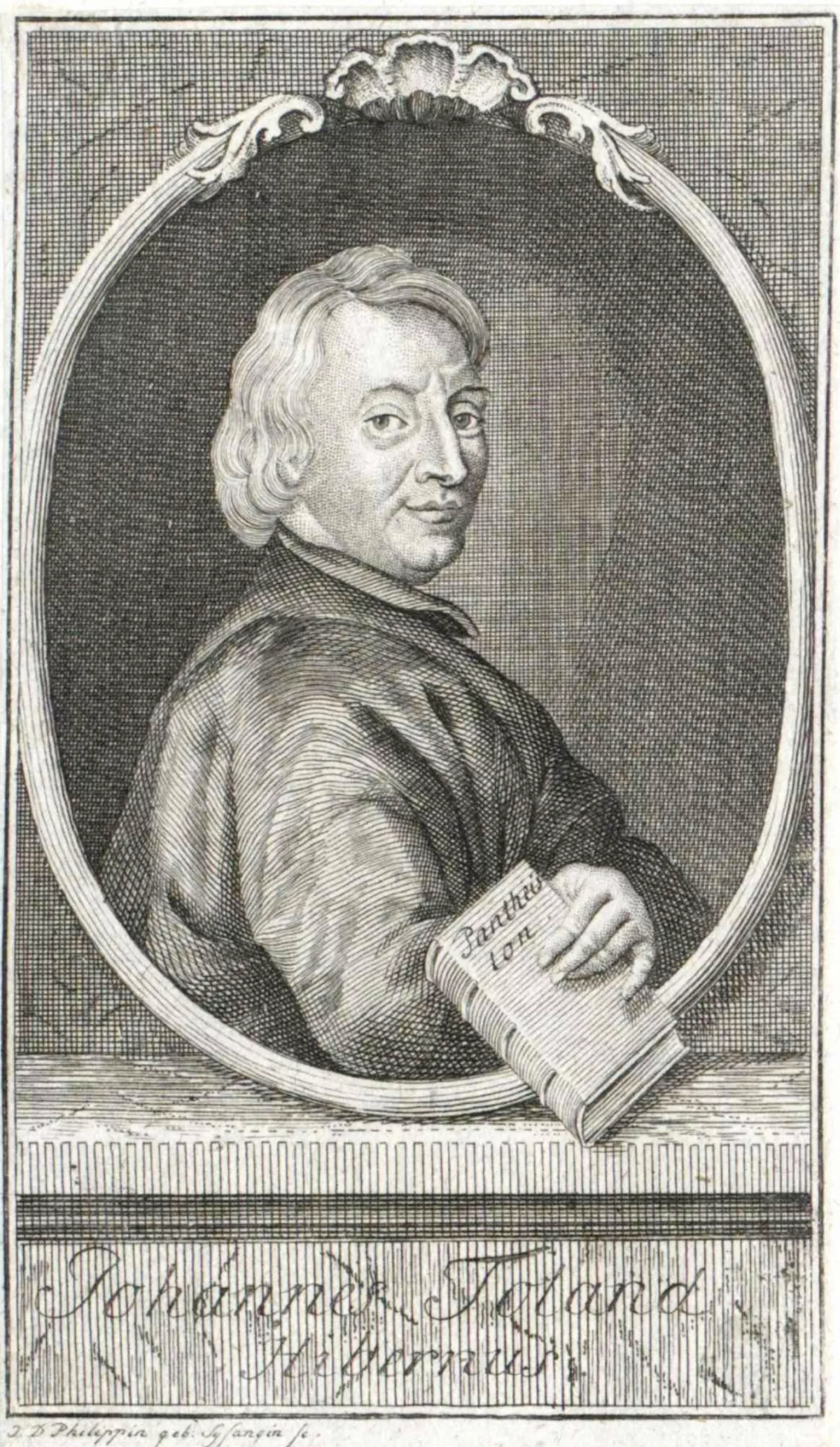 1.
1. John Toland was an Irish rationalist philosopher and freethinker, and occasional satirist, who wrote numerous books and pamphlets on political philosophy and philosophy of religion, which are early expressions of the philosophy of the Age of Enlightenment.